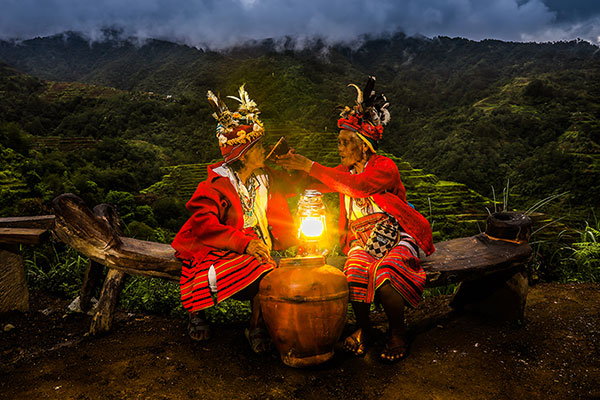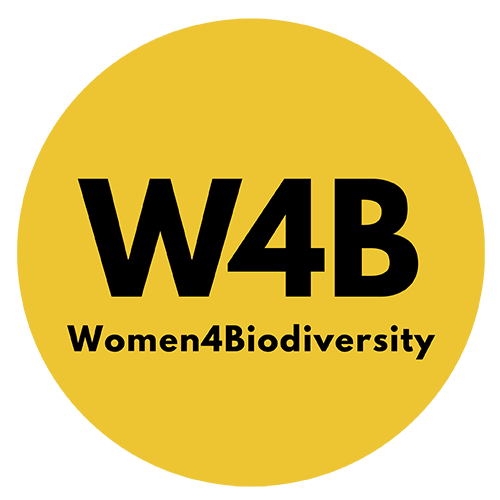WHAT
A 1 hour 30 minutes webinar hosted and facilitated by Women4Biodiversity. The webinar will focus on the gender decisions adopted since the First Conference of the Parties to the Convention on Biological Diversity (CBD COP1) in 1994 to the Fifteenth Conference of the Parties to the Convention on Biological Diversity (CBD COP15) in 2022. The event will also be a formal launch of the document titled Gender Equality and The Convention on Biological Diversity. A compilation of decision text: COP1-COP15 in English. This document is a compilation of all gender-responsive language from COP decisions and other meetings of the CBD from COP1 to COP15.
WHEN
Friday, 8 March 2024
12.00 hours to 13.30 hours UTC. Please convert your time and date here.
WHERE
Online. Zoom registration link here.
Livestreaming: On Women4Biodiversity’s YouTube
WHO
This webinar is intended for gender and environment-focused decision-makers and practitioners and their networks, as well as NGOs, academics and civil society organizations focused on the environment, women’s rights, and Indigenous Peoples’ and Local Communities’ rights.
The revised collection of CBD decisions leading up to COP15 is designed to provide insights for decision-makers, negotiators, women, youth, businesses, and all members of society involved in planning, monitoring, and implementing the Kunming-Montreal Global Biodiversity Framework (KM-GBF).
The speaker panel will include,
- Opening: Olivier Rukundo, Senior Programme Management Officer and Head of Unit at the Secretariat of the Convention on Biological Diversity
- Jackie Siles, Senior Gender Programme Manager, The International Union for Conservation of Nature (IUCN)
- Ciara Daniels, Gender and Environment Specialist, UN Development Programme (UNDP)
- Moderator: Alejandra Duarte, Policy Associate, Women4Biodiversity
- Concluding remarks: Mrinalini Rai, Director, Women4Biodiversity
WHY
- To provide comprehensive information regarding decision texts from COP 1 to COP 15 incorporating gender-responsive language.
- To encourage the efficient execution of policies and initiatives that incorporate gender perspectives throughout all phases of biodiversity-related decision-making and implementation, from development to assessment.
- To foster the sharing of exemplary approaches and enhance collaboration among diverse stakeholders, encompassing governmental, non-governmental, and civil society entities, to propel progress towards a more encompassing and fair biodiversity agenda.
🔴 To read the timeline of all gender-related decisions at the CBD COPs, please click here.
➡️ Watch the live stream in English
➡️ Watch the live stream in French


